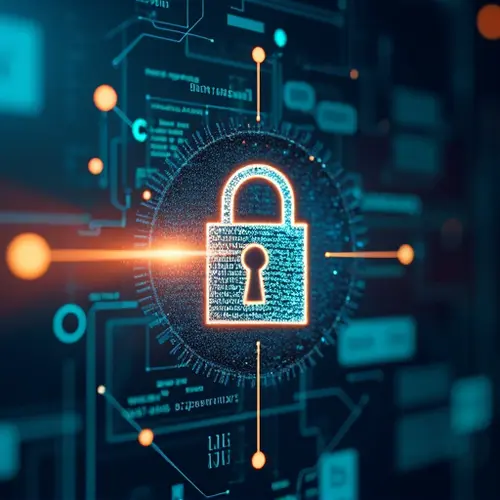
The Quantum Security Revolution
Quantum internet technology is poised to transform cybersecurity through unbreakable quantum encryption. Unlike traditional methods, quantum key distribution (QKD) uses quantum mechanics to create encryption keys that are physically impossible to intercept without detection. This fundamental shift addresses growing concerns about data breaches and surveillance.
How Quantum Encryption Works
QKD leverages quantum particles (usually photons) to transmit encryption keys. Any attempt to eavesdrop alters the quantum state of these particles, immediately alerting both parties. This principle, known as the no-cloning theorem, ensures keys remain secure during transmission. Major companies like ID Quantique and Toshiba already offer commercial QKD systems for financial and government applications.
Recent Breakthroughs
In May 2025, quantum computing leader IonQ announced plans for the first space-based quantum network through its acquisition of Capella Space. This system aims to overcome QKD's distance limitations using satellites and quantum repeaters. "We're building global quantum-secure networks," stated IonQ CEO Niccolo de Masi. The technology could secure medical records for 100+ years and military communications indefinitely.
Privacy Implications
Quantum networks will enable:
- Tamper-proof communications for journalists and activists
- Ultra-secure financial transactions
- Healthcare data protection beyond current encryption limits
- Government communications immune to decryption
However, this technology also raises concerns about creating "unhackable" channels for illegal activities and potentially disrupting current cybersecurity infrastructure.
Challenges Ahead
Current limitations include the high cost of quantum repeaters and vulnerability to hardware tampering. As quantum computing advances, it could also break traditional encryption faster than QKD networks deploy. The race is on to establish quantum infrastructure before this security gap widens.

 Nederlands
Nederlands English
English Français
Français Deutsch
Deutsch Español
Español Português
Português








